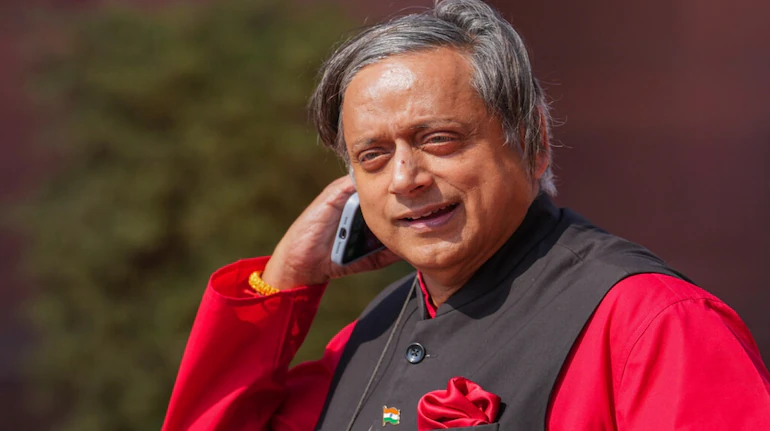Does Indian politics still have generational engagement?
Shashi Tharoor, public intellectual, former diplomat and bureaucrat. A member of the Indian National Congress, he has represented Thiruvananthapuram, Kerala, in the Lok Sabha since 2009.
Congress leader Shashi Tharoor in an article of International Publication took a deep analysis on Political roots of India since very long, even he mentioned it as ‘DYNASTIC POLITICAL CULTURE’, claiming as threat in Indian politics. India is a Democracy, the leaders must be elected, not selected. The surname power shouldn’t be encouraged anymore, keeping in mind about the working of democracy and its government. He also mentioned that meritocracy should be much more relevant and appropriate for the smooth working of country and its people. The person or any ordinary people who are genuine with their ideas and thoughts are suppressed, on the other hand A person whose main qualification is His or Her ‘SURNAME is an actual harm in the country like India which is vast and diverse in all form. The representation of community and culture gets affected as unnecessary money and muscle power comes in. When political power is determined by lineage rather than ability and experience or generational engagement, the quality of Government as well as the governance suffers.
The problem remains same untouched and gets more words but the dynastic power changes every decade without doing the needful. He mentioned that Indian Politics are Family Business highlighting the importance of Nehru Gandhi Family and its roots till now.
In the PROJECT SYNDICATE, Shashi Tharoor slams DYNASTIC Politics as threat to Indian Political Structure, Suggesting complex governance and working. Therefore the elected office shouldn’t be treated like a family sitting room but for the service of nation.
🖊️ Article written by: Soumi Singha, Content Writing Intern
📅 Published on: 04 November 2025


